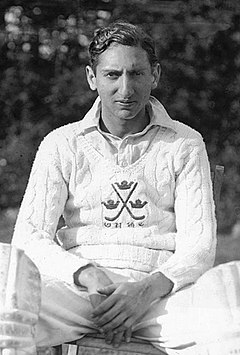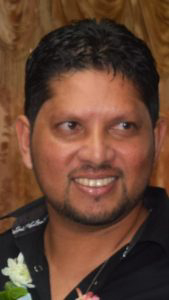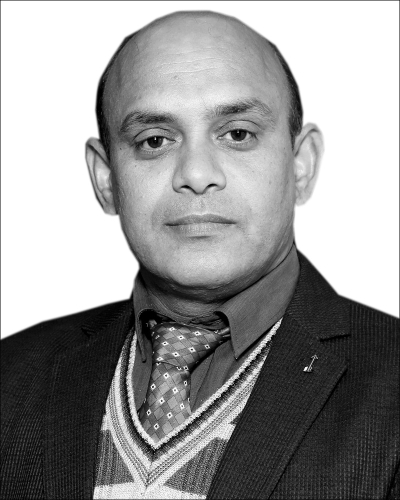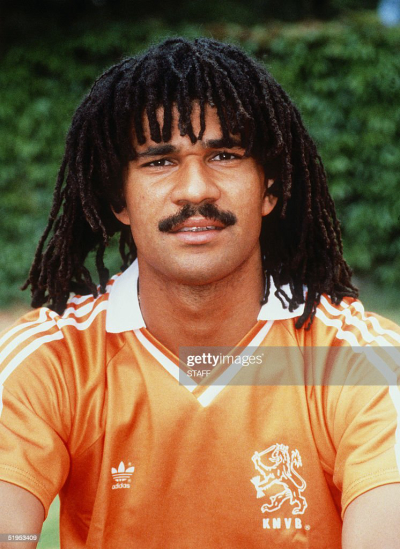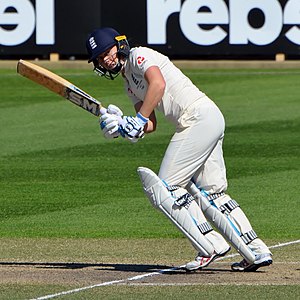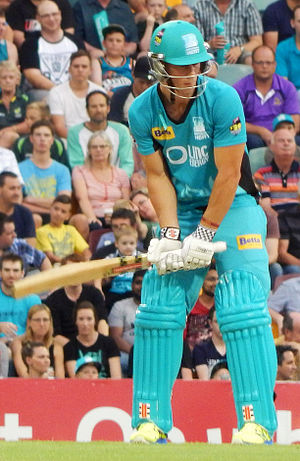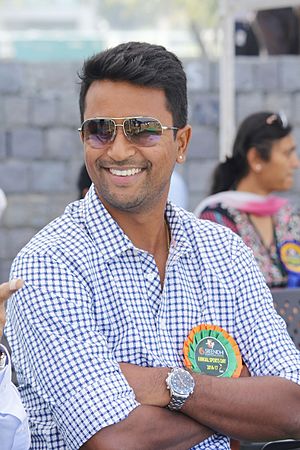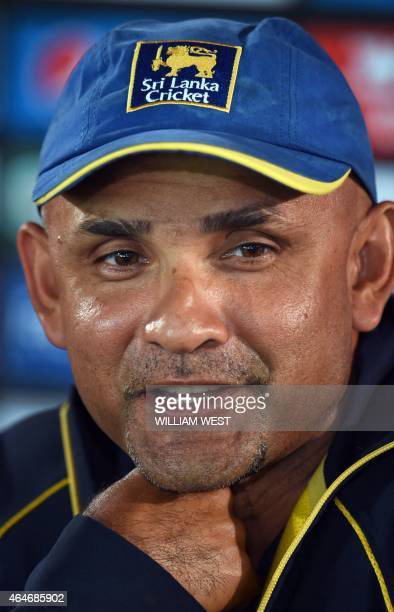Iftikhar Ali Khan was born at Pataudi House in Delhi, into the family of the Nawabs of Pataudi, a small (137 km2 non-salute princely state near Delhi, located in the present-day Indian state of Haryana. The Pataudi family traces their origin to Faiz Talab Khan, an ethnic Pashtun from the Barech tribe of Kandahar, Afghanistan, who became the first Nawab of the Pataudi State in 1804. Iftikhar Ali Khan was the elder son of Nawab Muhammad Ibrahim Ali Khan of Pataudi and his wife Shahar Bano Begum, daughter of Amiruddin Ahmad Khan, the Nawab of Loharu. Thus he was related to great Urdu poet Mirza Ghalib as well as later day Pakistan prime minister, Liaqat Ali Khan. He became Nawab on his father's death in 1917 and was formally installed as ruler in December 1931.


